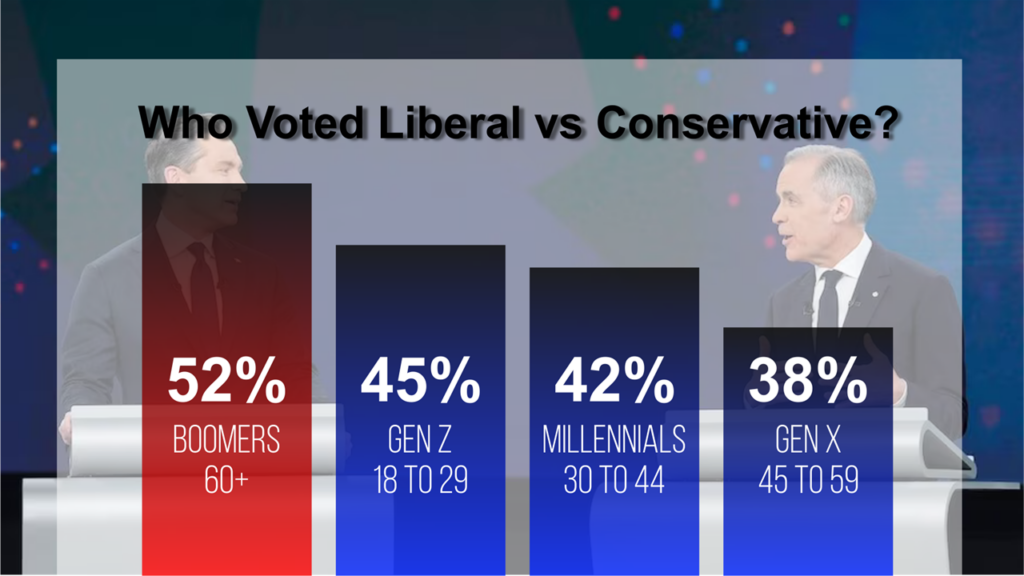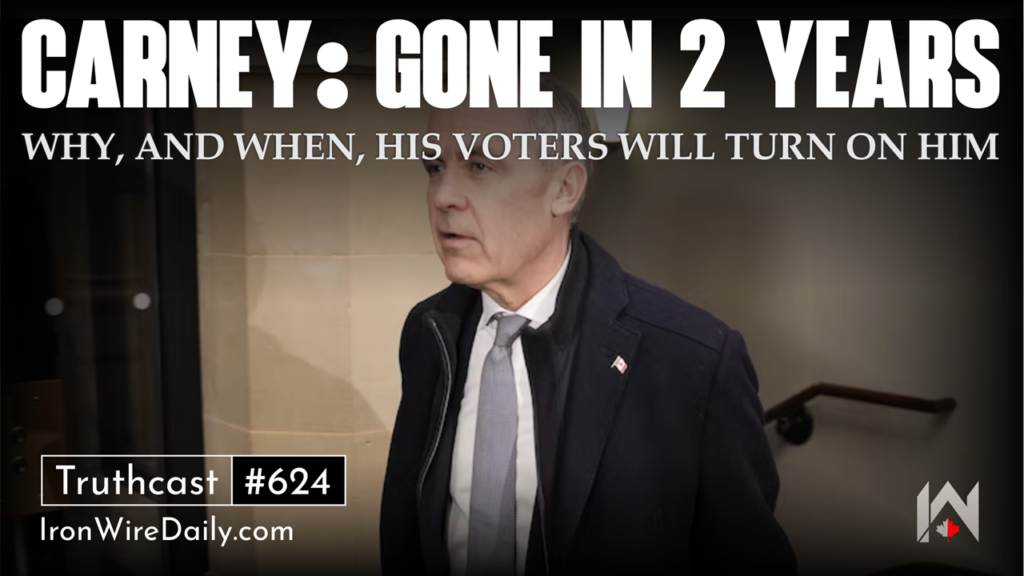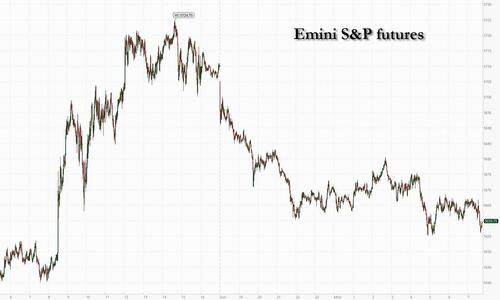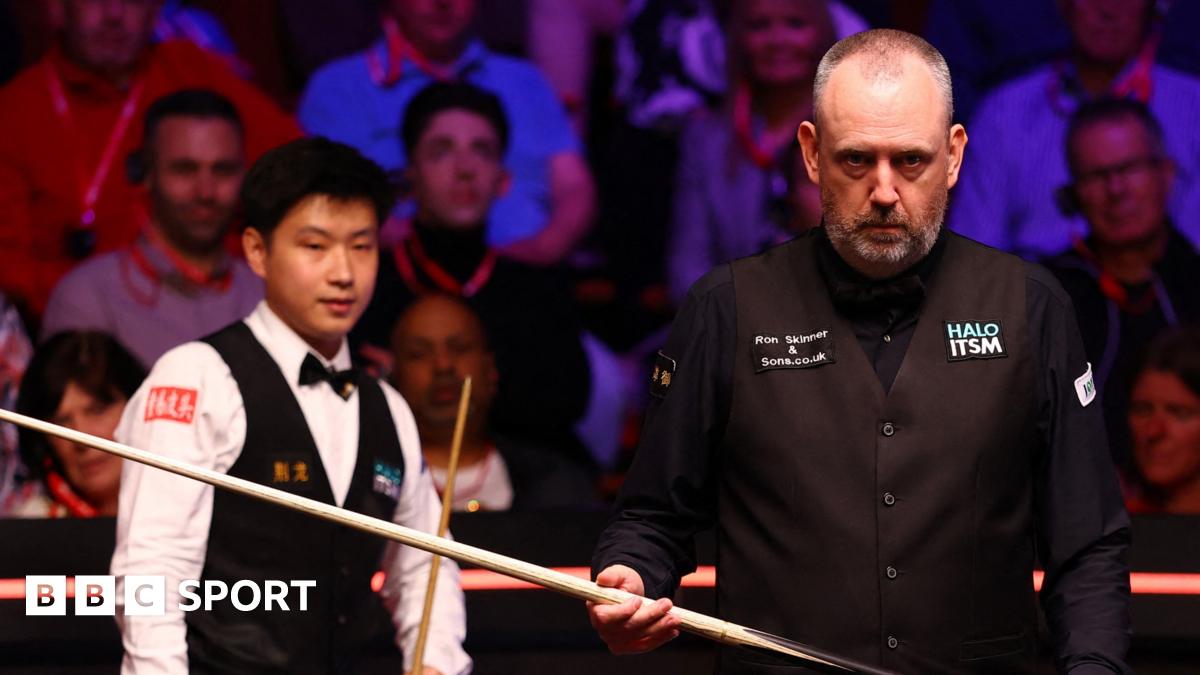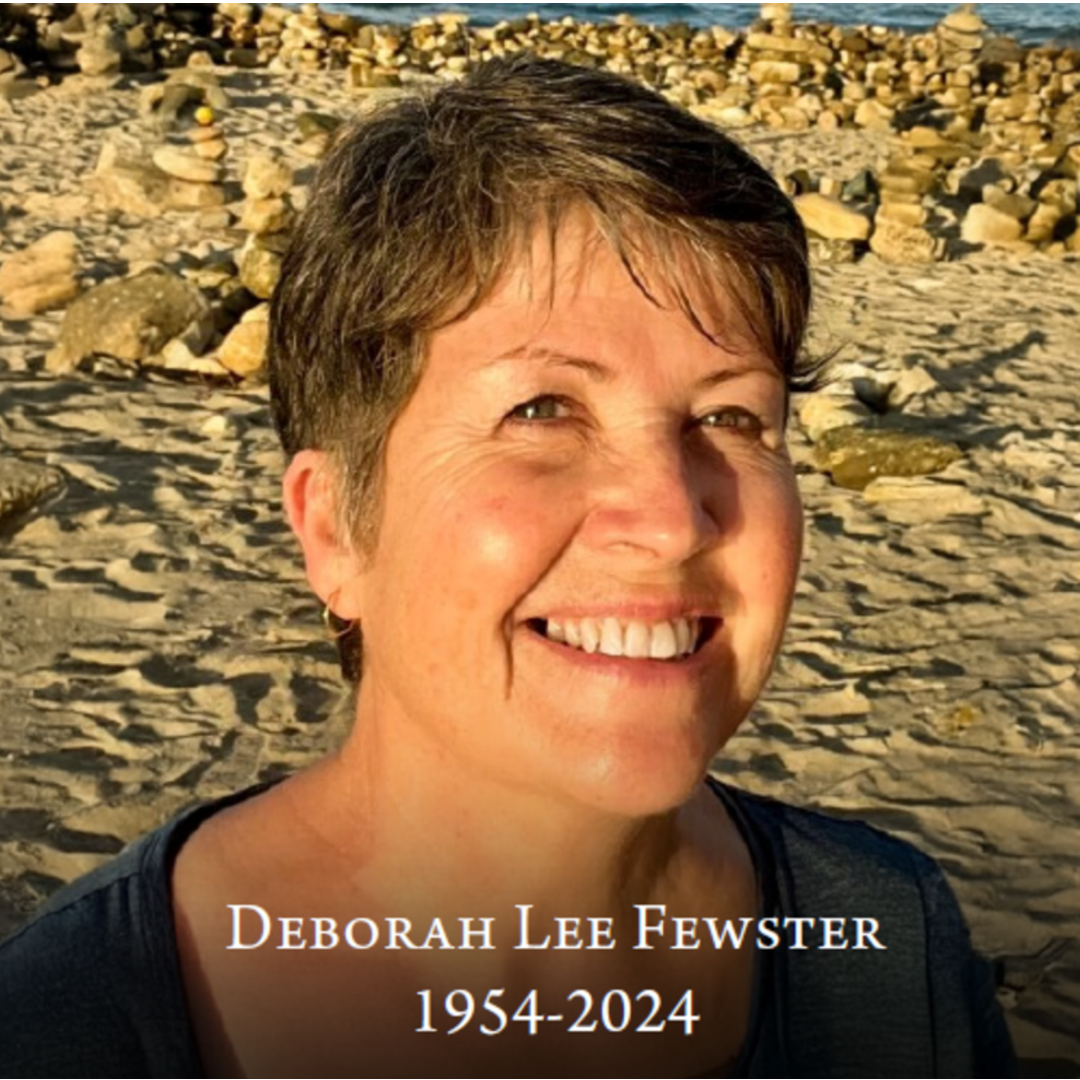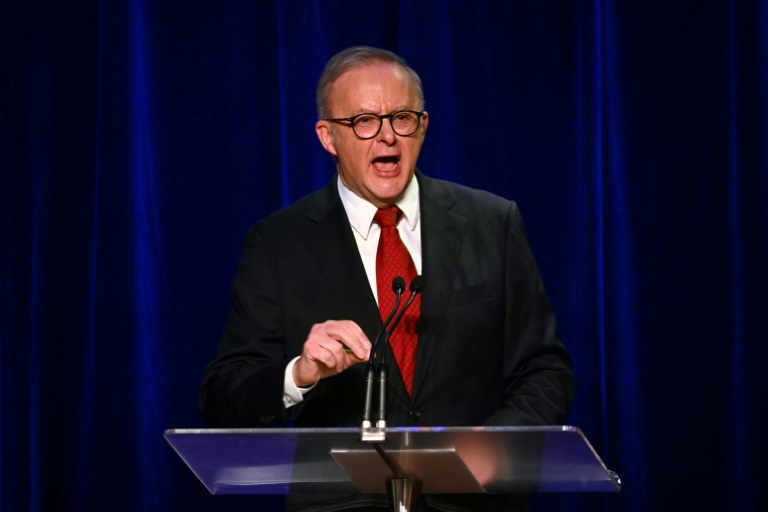‘I Will Not Do Harm’: Pediatrician Suing CDC Explains Decision Not to Give COVID Vaccines to Kids

Source: Children’s Health Defense
Dr. Samara Cardenas doesn’t regret choosing not to give COVID-19 vaccines to her pediatric Medicaid patients, even though the decision meant losing her Medicaid contract — and with it, 1,900 patients.
Without those 1,900 patients, she was forced to close her practice.
In an interview with The Defender, the California pediatrician said safety concerns drove her decision to withhold the COVID-19 vaccines from her young patients.
“There was already a lot of information that the COVID shot had more problems than not,” Cardenas said. “It made me feel very uncomfortable to administer a vaccine that was more dangerous than the benefit it could provide.”
She cited the high number of COVID-19 vaccine-related injury reports submitted as early as 2021 to the government-run Vaccine Adverse Event Reporting System (VAERS).
By 2022, VAERS data showed that the COVID-19 vaccines were associated with more injuries and deaths than all conventional vaccines combined in the previous three decades.
Cardenas said she was also alarmed to discover that some COVID-19 vaccine injury reports later disappeared from VAERS without explanation.
“Everything I had seen the first time had disappeared. It was removed. Τhat just made me more sure that something was wrong with the vaccine,” Cardenas said.
Most states, including California, require pediatricians who treat Medicare patients to enroll in the Centers for Disease Control and Prevention’s (CDC) Vaccines for Children Program.
The program requires doctors to administer all vaccines on the childhood immunization schedule to their Medicaid patients, regardless of the child’s health status or their parents’ wishes.
In 2023, the Vaccines for Children Program removed Cardenas from the program after a review of her vaccine records showed she wasn’t administering COVID-19 vaccines to her young patients. Shortly after, CalOptima Health ended her Medicaid contract.
“I did break my contract, I guess, because I will not do harm,” Cardenas said.
But the longtime doctor to low-income children “wanted to get the word out that something had to be done” about the CDC program that forces doctors to give COVID-19 shots to babies as young as 6 months old.
“I felt that was ludicrous and totally against any kind of science,” she said. “It was better to do something for the whole country, to get rid of the mandates to have children immunized.”
So last week, Cardenas sued the CDC over the Vaccines for Children Program’s requirement to give COVID-19 shots to young children.
Ιinstead of seeking compensatory damages, her lawsuit questions the safety and necessity of administering COVID-19 vaccines to children and calls for a review of the inclusion of the shots on the CDC’s childhood immunization schedule.
The lawsuit, which Children’s Health Defense (CHD) is supporting, also questions the impartiality of the CDC’s Advisory Committee on Immunization Practices, which makes vaccine-related recommendations.
As of March 28, VAERS listed 72,924 reports of adverse events in people 18 and younger, including 6,122 serious adverse events and 201 deaths. However, experts have said that the true number is likely higher, as many VAERS reports of injuries in children officially list their age as “unknown.”
Many parents welcomed Cardenas’ decision not to offer COVID shots
While many of her patients’ parents received the COVID-19 vaccines to comply with employment-related vaccine mandates, they generally supported her decision not to offer the COVID-19 vaccine to healthy children.
“Most of them, the majority of my patients, did not want the COVID vaccine for their children,” Cardenas said.
Several of her patients caught the virus, but they all recovered, Cardenas said.
“No child in my practice died from COVID. Healthy children got COVID, and it was treated as a cold, a bad flu — and they got better,” Cardenas said.
Cardenas said that some of her patients’ parents sustained adverse reactions following COVID-19 vaccination, further reinforcing her decision not to offer the vaccine to children.
“I had some parents who had some chest pains, some abnormal labs. Nobody got extremely ill from it, but you could see there could be problems in the future. So, I was very glad I had made the right decision,” Cardenas said.


This article was funded by critical thinkers like you.
The Defender is 100% reader-supported. No corporate sponsors. No paywalls. Our writers and editors rely on you to fund stories like this that mainstream media won’t write.
Vaccines for Children Program strips families of informed consent
In October 2022, the CDC’s vaccine advisory committee recommended adding COVID-19 vaccines for children as young as 6 months old to the childhood vaccination schedule.
In September 2023, the Vaccines for Children Program informed Cardenas that COVID-19 vaccines were available for order.
When Cardenas attempted to order vaccines for her practice — excluding the COVID-19 shots — the program rejected the order.
“We got an email saying, ‘your order is incomplete, you need to order COVID,’” Cardenas said. In subsequent conversations with the program, she was told that ordering COVID-19 vaccines was “mandatory.” If she didn’t order the COVID-19 vaccines, the program wouldn’t send her any of the other vaccines.
In early 2024, Cardenas stopped offering vaccines to her patients. “The way it’s set up, I could not purchase private vaccines and charge the patients. I could only use Vaccines for Children Program vaccines for Medicaid patients.”
Medicaid compensates pediatricians for the costs associated with administering the vaccines.
Because she worked with low-income households, she could not sustain her medical practice on a cash basis — so she closed it in October 2024.
Cardenas said the Vaccines for Children Program was established to offset the high cost of vaccines for low-income families. But by requiring pediatricians to administer the full CDC childhood vaccine schedule, the program discriminates against low-income children, as it deprives their families of vaccine choice and informed consent.
“Patients that have [private] insurance can opt to not have the vaccines,” Cardenas said. “It is a totally different way of treating the poor population, or the ones who can afford paid insurance. And that should not be the case.”
These allegations of discriminatory practices form one of the key arguments in Cardenas’ complaint.
“I would like to see that pediatricians, or doctors in general, are allowed to make a decision if they feel that some treatment will do harm to their patients, rather than having to follow guidelines that, as I found after all this happened, are sometimes just rubber-stamped,” Cardenas said.
Cardenas also called for additional scrutiny of all vaccines, particularly those that may be offered to children.
“Children are the future of the country. We can’t give them something that has high morbidity,” Cardenas said.
Related articles in The Defender
- CHD Funds Lawsuit Against CDC Over Program That Forces Pediatricians to Give COVID Vaccines to Kids on Medicaid
- RFK Jr. Wants CDC to Stop Recommending COVID Shots for Kids, Inside Sources Say
- ‘A Very Dangerous Medical Experiment’: CDC Expands Vaccine Schedules for Kids, Pregnant Women and Most Adults
- ‘Child Abuse on a Massive Scale’: CDC Advisers Recommend Adding COVID Vaccines to Childhood Schedule
- Number of Children Who Died After COVID Shots Much Higher Than VAERS Reports Indicate, Analyst Says
- Their Vaccine Injury Reports Disappeared From VAERS — So They Developed a Tool Anyone Can Use to Track Their Own Reports
